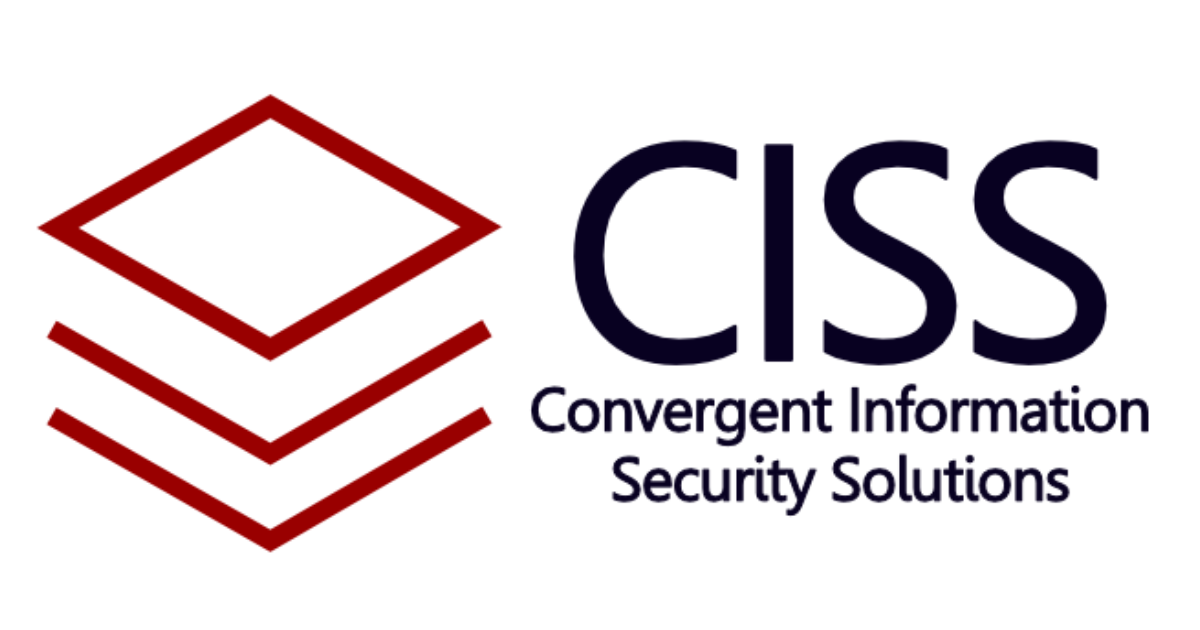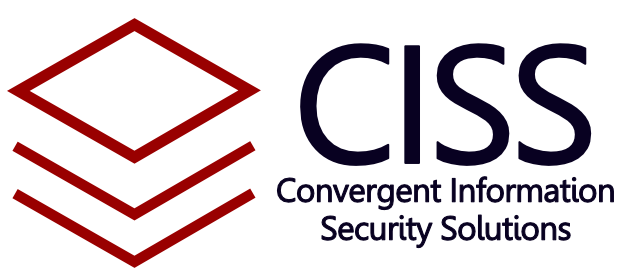Under a CYBER ATTACK call (877) 248-4991
Trusted Cybersecurity Advisors
Organizations that utilize CISS cybersecurity managed service solutions are more resilient and better prepared to identify, investigate, respond, mitigate and prevent cyber threats.
Common challenges that a partnership with CISS solves:
Challenges in Access Management:
Struggling to efficiently provide employees with the necessary credentials and access for their roles, while ensuring unnecessary confidential information remains inaccessible.
Security Incident Risks:
Worries about the risks and financial implications associated with security incidents and data breaches.
Mobile User Risks:
Mobile users pose additional risks to enterprise data.
Malicious Email Links:
Users frequently open malicious links in emails.
Data Integrity Doubts:
Lack of confidence in the integrity of enterprise data.
Data Loss Concerns:
Anxiety over potential data loss when employees depart from the organization.
Alert and Log Management Overload:
Feeling overwhelmed by the volume of alerts and the task of log management.
Cyber Insurance Requirements:
Cyber insurance underwriting processes necessitate additional protections and validations for coverage or increased coverage.
Backup Data Vulnerability:
Backup data is at risk of being overwritten or deleted.
Network Protection Uncertainty:
Uncertainty about whether your network is adequately protected against real network-based threats.
Malicious App Installations:
Users install malicious apps on work computers.
Inadequate Cybersecurity Investments:
Current cybersecurity investments are not sufficiently protecting your enterprise.
Visibility and Control Deficit:
Experiencing a lack of visibility, security, reporting, and control mechanisms.
Ransomware Attack Susceptibility:
Concerns that your organization is vulnerable to imminent ransomware attacks.
Dark Web Exposure:
Employee passwords and credentials are at risk of exposure on the Dark Web.
Cloud Asset Vulnerability:
Cloud applications and assets are vulnerable to attacks.
IoT Data Leak Risks:
IoT devices present opportunities for data leaks.
Expertise Deficit:
A shortage of skilled experts who can monitor, investigate, and respond to security alerts 24/7, and execute immediate, human-led response actions to confirmed threats.
Common challenges that a partnership with CISS solves:
Challenges in Access Management:
Struggling to efficiently provide employees with the necessary credentials and access for their roles, while ensuring unnecessary confidential information remains inaccessible.
Security Incident Risks:
Worries about the risks and financial implications associated with security incidents and data breaches.
Mobile User Risks:
Mobile users pose additional risks to enterprise data.
Malicious Email Links:
Users frequently open malicious links in emails.
Data Integrity Doubts:
Lack of confidence in the integrity of enterprise data.
Data Loss Concerns:
Anxiety over potential data loss when employees depart from the organization.
Network Protection Uncertainty:
Uncertainty about whether your network is adequately protected against real network-based threats.
Malicious App Installations:
Users install malicious apps on work computers.
Inadequate Cybersecurity Investments:
Current cybersecurity investments are not sufficiently protecting your enterprise.
Visibility and Control Deficit:
Experiencing a lack of visibility, security, reporting, and control mechanisms.
Ransomware Attack Susceptibility:
Concerns that your organization is vulnerable to imminent ransomware attacks.
Dark Web Exposure:
Employee passwords and credentials are at risk of exposure on the Dark Web.
Alert and Log Management Overload:
Feeling overwhelmed by the volume of alerts and the task of log management.
Cyber Insurance Requirements:
Cyber insurance underwriting processes necessitate additional protections and validations for coverage or increased coverage.
Backup Data Vulnerability:
Backup data is at risk of being overwritten or deleted.
Cloud Asset Vulnerability:
Cloud applications and assets are vulnerable to attacks.
IoT Data Leak Risks:
IoT devices present opportunities for data leaks.
Expertise Deficit:
A shortage of skilled experts who can monitor, investigate, and respond to security alerts 24/7, and execute immediate, human-led response actions to confirmed threats.









